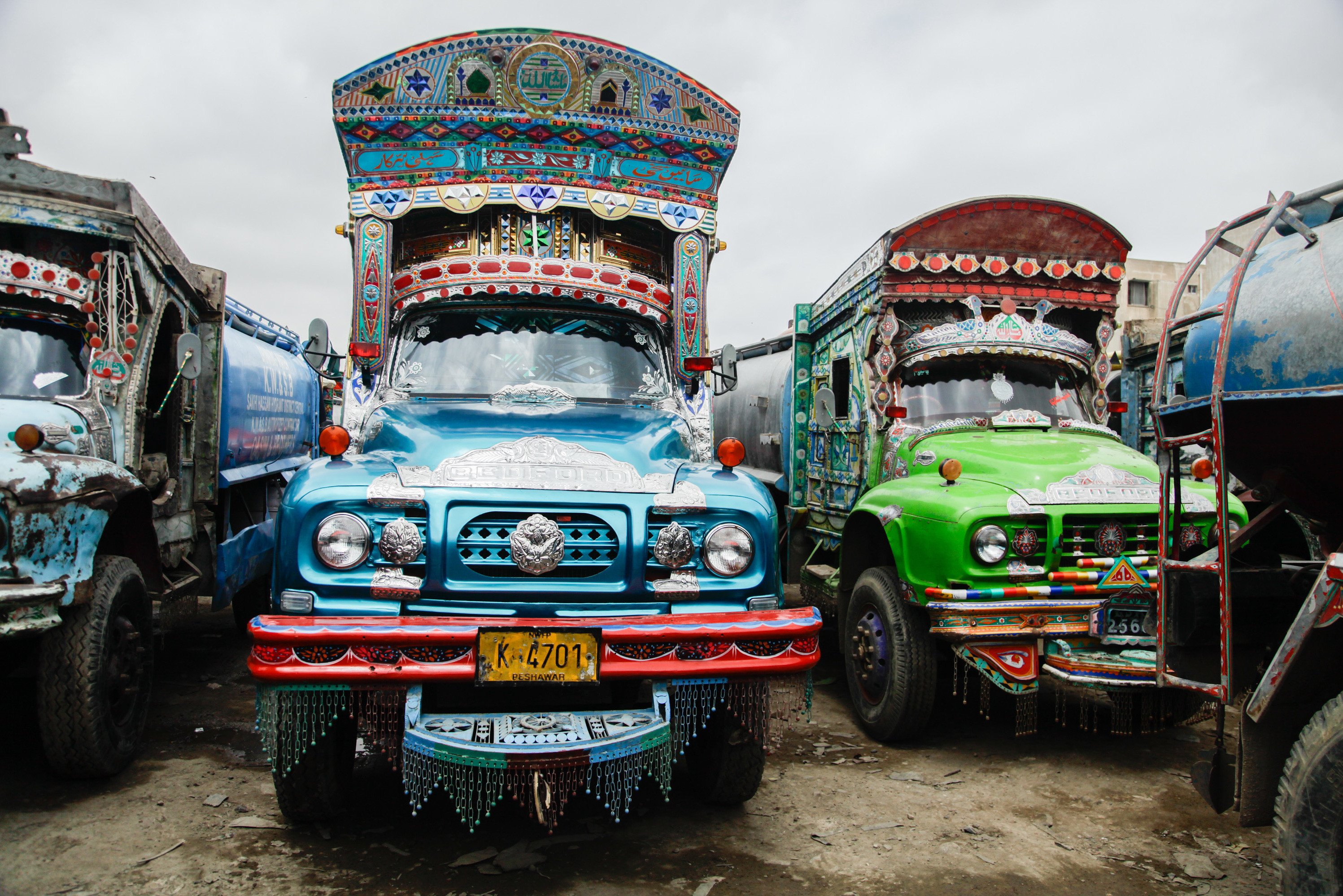Karachi Water Crisis Worsens, Affects Residents and Industry
The water crisis in Karachi is a complex issue that requires immediate attention and a long-term solution to ensure the city's residents and industries have access to clean, safe running water. The government and stakeholders must work together to address the crisis and prevent further deterioration of the situation.

Karachi, Pakistan's largest metropolis, is struggling to provide clean, safe running water to its residents, with a severe mismatch between demand and supply leading to a thriving water tanker mafia and a public health emergency.
The city's water crisis is caused by a deficit of over 650 million gallons per day, with official figures showing that Karachi requires 1,200 million gallons per day but only receives 500-550 million gallons per day. The water supply is further compromised by leakages, theft, and outdated infrastructure, with an estimated 30-40% of water loss. Residents are forced to purchase water tankers at exorbitant prices, with some families spending up to 25,000 rupees per month on water.
The water tanker mafia operates with protection from police, water board insiders, and local politicians, making it a billion-rupee business that thrives on the city's desperation. The mafia extracts water from main lines, weakening pressure in adjacent neighborhoods and exacerbating the crisis. Despite promises, governments have failed to resolve the crisis, and the long-awaited K-IV Project has been delayed multiple times.
The water crisis has become a public health emergency, with a rise in diarrhoea and hepatitis A cases. Local NGOs are promoting water filtration kiosks and awareness campaigns, but the problem persists. The crisis is also affecting Karachi's industrial output, with industries in key areas such as Federal B Area reporting a drastic drop in water availability. The shortage has led to scaled-down operations in industries such as textiles, leather, chemicals, pharmaceuticals, and food processing, putting export orders worth millions of dollars at risk.
The Federal B Areas Association of Trade and Industries (FBATI) has urged the provincial and federal governments to address the crisis immediately, warning that continued neglect could have far-reaching consequences for industrial performance, employment, and investor confidence. The association has recommended short-term emergency measures, including prioritized water supply to industrial zones and regulatory action to monitor tanker operations, and long-term investments in sustainable industrial water infrastructure, including recycling and desalination projects.